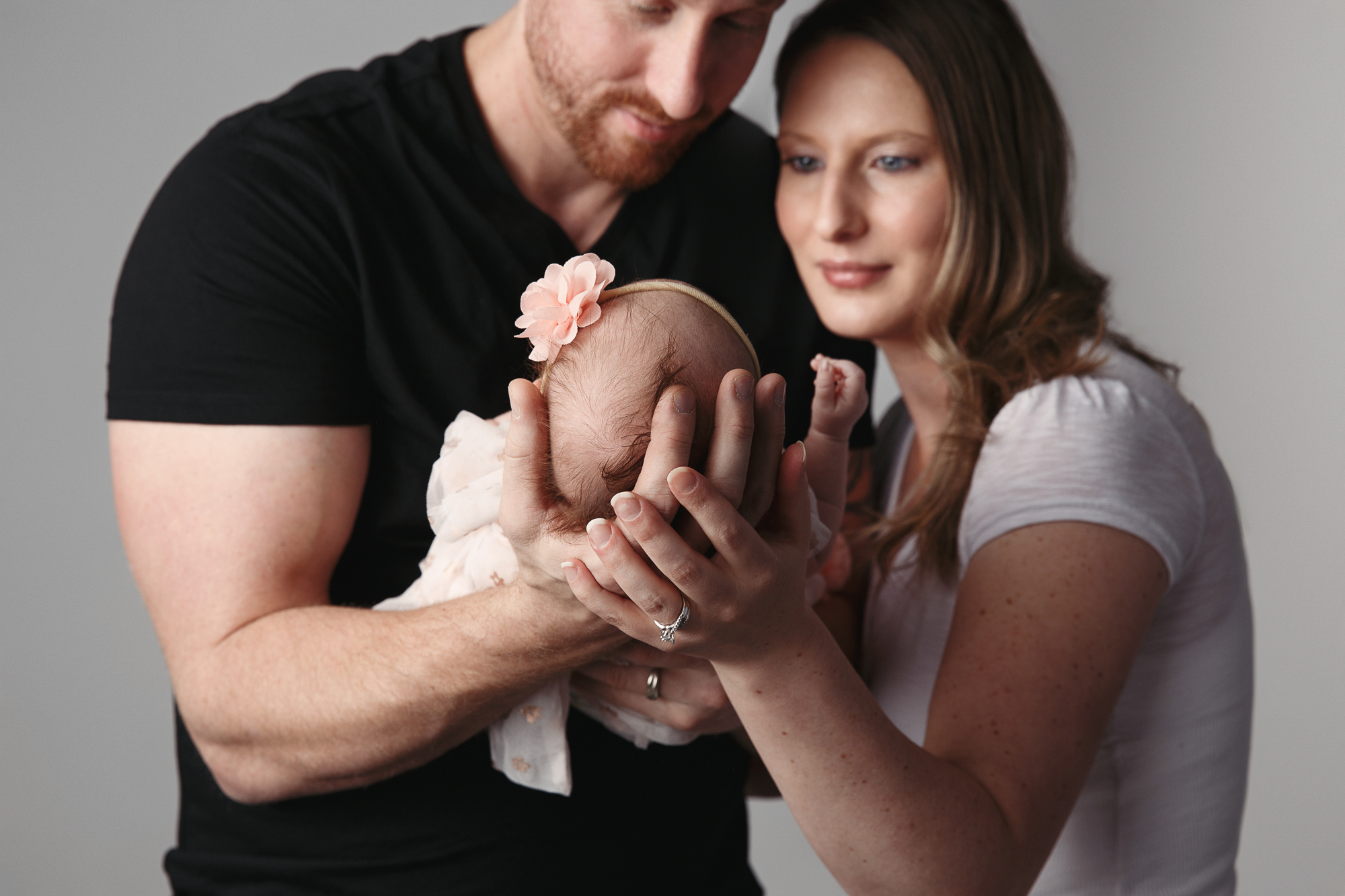As new parents, one of the most challenging tasks is ensuring your newborn gets enough sleep—not just for their health and development but also for your sanity. If sleepless nights have you questioning your new life, rest assured you’re not alone. In this detailed guide, we’ll explore tried-and-true strategies to help your newborn sleep longer periods, allowing both of you to enjoy those much-needed Z’s.
Establish a Consistent Bedtime Routine
A consistent bedtime routine can signal to your baby that it’s time to wind down and prepare for sleep. This predictability helps create a sense of security and comfort.
Steps for a Calming Newborn Sleep Routine:
- Bath Time: A warm bath can be very soothing.
- Quiet Time: Dim the lights and engage in quiet activities such as reading a short story.
- Feed: Ensure your baby is well-fed before bedtime.
- Swaddling: Swaddling can create a womb-like feeling of security.
Starting a bedtime routine early on can significantly increase the chances that your baby will sleep longer and more consistently.
Create a Sleep-Inducing Environment
The right sleep environment can make all the difference. Babies are sensitive to their surroundings, so optimizing their sleep space can improve the length and quality of their rest.
Tips for a Perfect Newborn Sleep Environment:
- Temperature: Keep the room cool (between 68-72°F or 20-22°C).
- Lighting: Use blackout curtains to make the room dark.
- White Noise: A white noise machine can drown out household noises.
- Safety: Ensure the crib is free of blankets, toys, and other items to reduce the risk of SIDS.
Follow Safe Sleep Practices
Safety is paramount, especially when it comes to newborns. Always follow safe sleep practices to ensure their well-being.
Key Safe Sleep Guidelines:
- Back to Sleep: Always place your baby on their back to sleep.
- Firm Mattress: Use a firm and flat mattress covered by a fitted sheet.
- Share a Room, Not a Bed: Experts recommend the baby sleep in the same room as the parents, but not in the same bed, for at least the first six months.
- American Academy of Pediatrics on Safe Sleep
Understand Sleep Cycles and Patterns
Understanding your baby’s sleep cycles can help you set realistic expectations and develop effective strategies to extend their sleep.
Insights into Newborn Sleep Patterns:
Newborns typically sleep in short bursts of 2-4 hours.
- Their sleep cycles are about 50-60 minutes long, compared to 90 minutes for adults.
- Being aware of these cycles can help you identify when to intervene if your baby wakes up early or seems restless.
Babies have more REM sleep, which means more opportunities for them to wake up. Recognizing these patterns helps in comforting them back to sleep.
Feeding and Sleep Correlation
Hunger is one of the main reasons newborns wake up frequently. Managing feeding schedules can improve the length of their sleep.
Tips for Maximizing Sleep Through Feeding:
- Cluster Feeding: Consider cluster feeding in the evening to fill your baby up before bedtime.
- Dream Feeding: Try a “dream feed” just before you go to sleep to give your baby a longer stretch of rest.
- Burping: Always burp your baby after feeding to avoid them waking up due to gas.
Self-Soothing Techniques
Teaching your baby to self-soothe is a crucial skill that can help them fall back asleep on their own when they wake during the night.
Strategies for Self-Soothing:
- Pacifiers: Offering a pacifier can be calming.
- Gentle Touch: Lightly patting or stroking your baby without picking them up.
- Gradual Sleep Training: Slowly teaching your baby to fall asleep independently by minimizing intervention over time.
Monitor Developmental Changes
Developmental milestones such as growth spurts or teething can disrupt sleep patterns. Being aware of these changes can help you adjust your strategies accordingly.
Managing Developmental Sleep Disruptions:
- Growth Spurts: Extra feedings might be necessary.
- Teething: Relief methods such as teething rings can soothe discomfort.
- Cognitive Leaps: Be patient and provide extra comfort during periods of rapid development.
Every baby is unique, and sleep patterns can vary significantly. Adapting your approach based on your baby’s needs is key.
Conclusion
Helping your newborn sleep longer takes patience, consistency, and a bit of trial and error. By establishing a solid bedtime routine, creating a conducive sleep environment, following safe sleep practices, and teaching self-soothing techniques, you can significantly improve your baby’s sleep duration and quality.
Remember, every baby is different. What works for one may not work for another, so stay flexible and attuned to your baby’s unique needs. Above all, take care of yourself too. A well-rested parent is better equipped to nurture and care for their little one.
For more tips and advice on newborn care, visit Healthy Children, a trusted source by the American Academy of Pediatrics. Happy sleeping!
Thank you for reading! Do you have any unique tips for helping newborns sleep? Share in the comments below!
If you would like more newborn advance or if you would like to see our portfolio and schedule a newborn session for your baby, see the links below.
https://lifeinpinkphotography.com/newborn-photos-7-things-your-photographer-wants-you-to-know/
https://lifeinpinkphotography.com/madison-newborn-photographer#/







